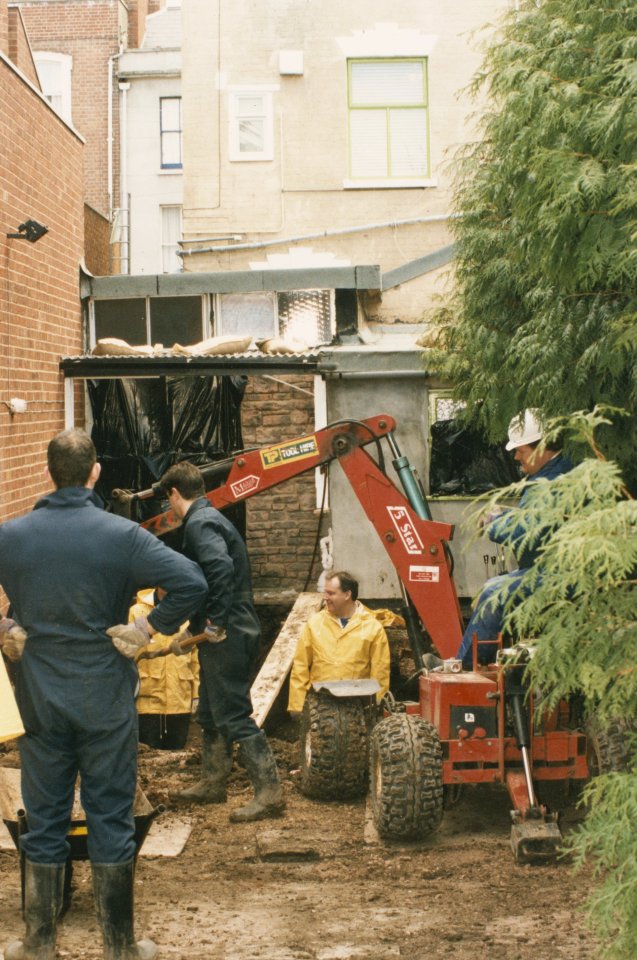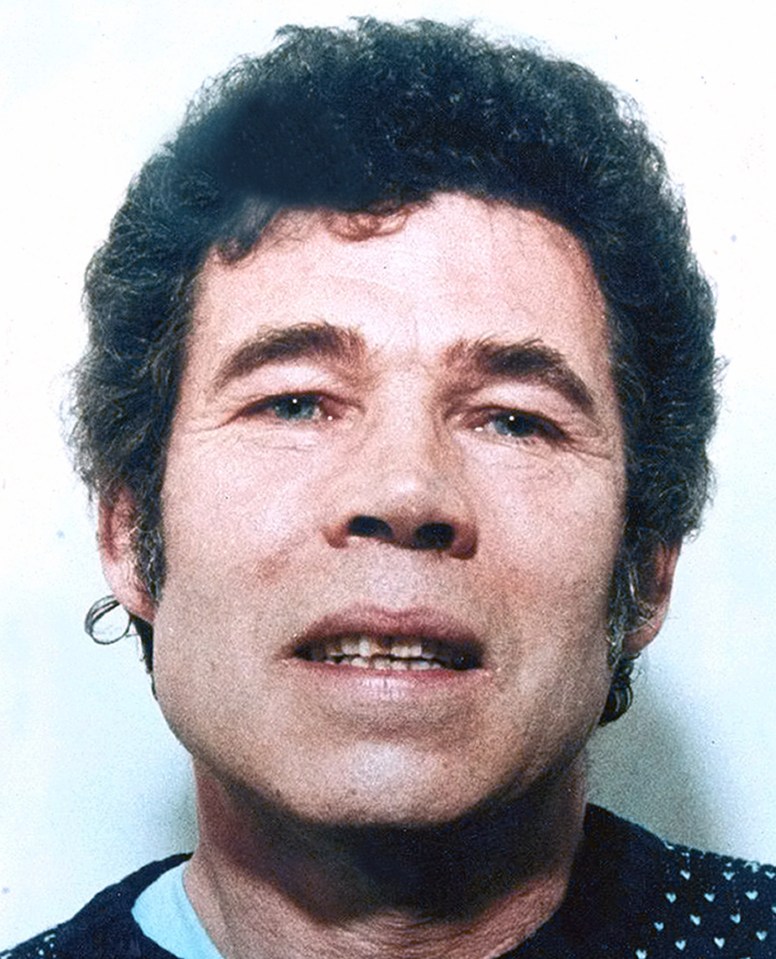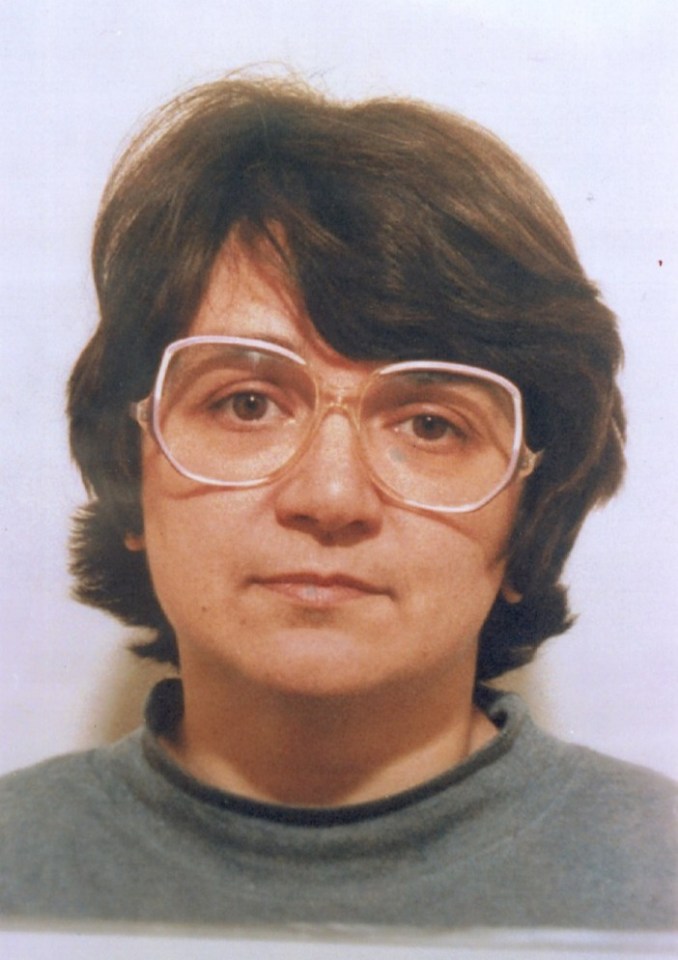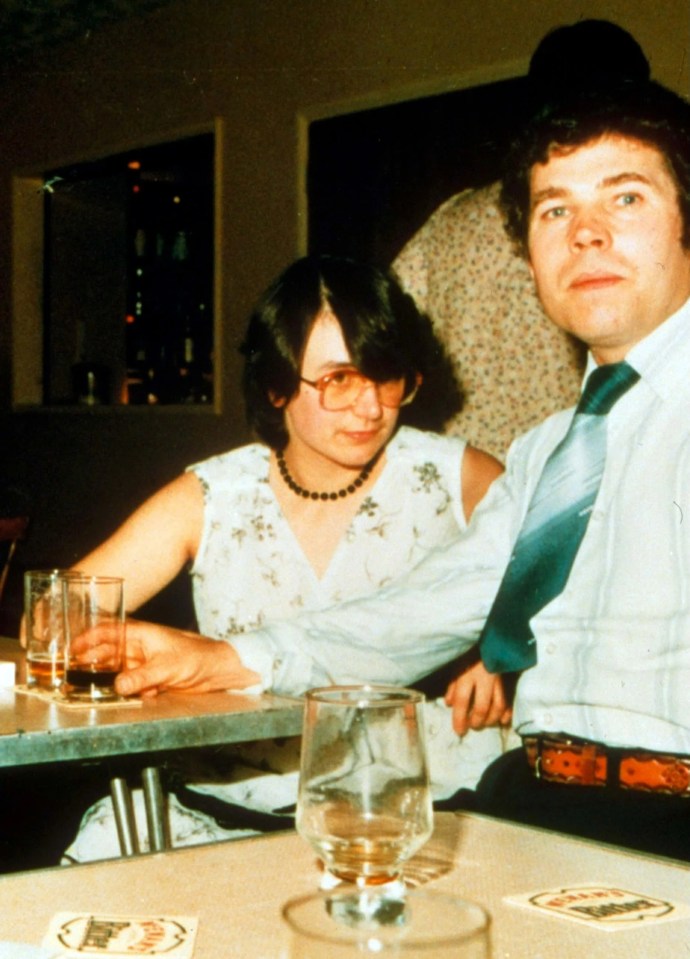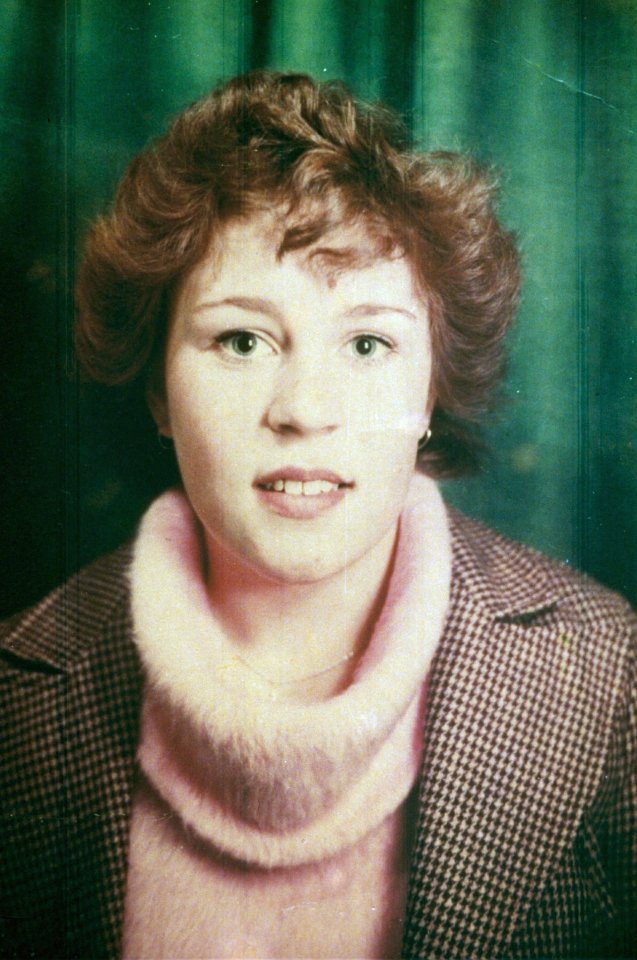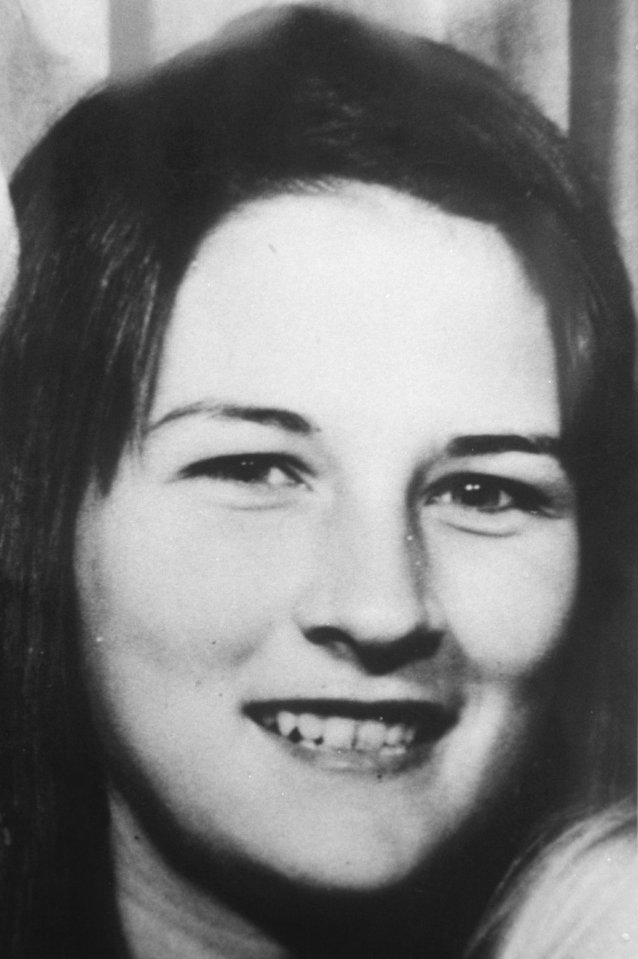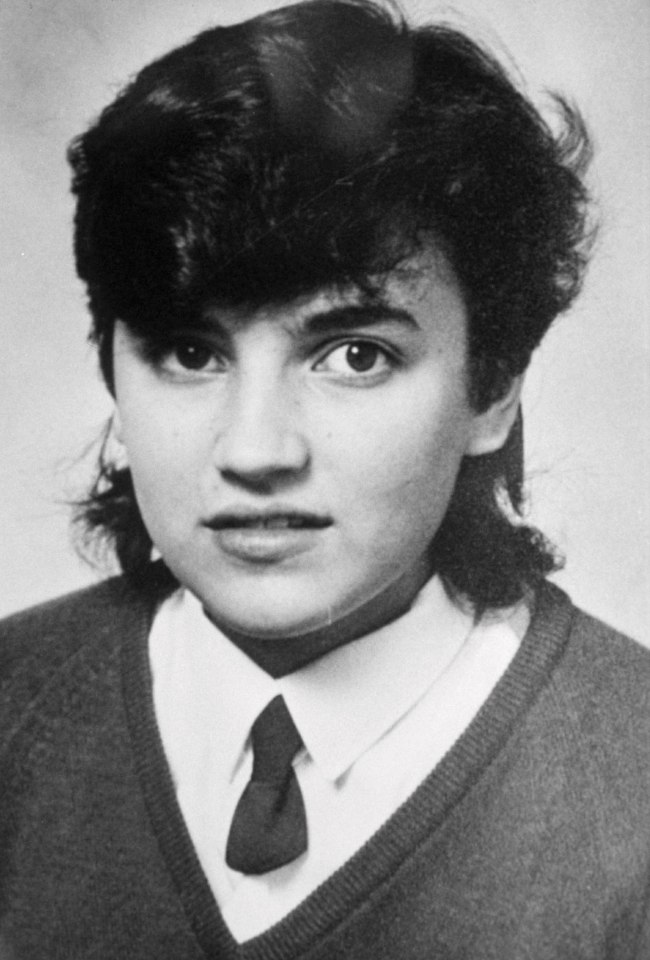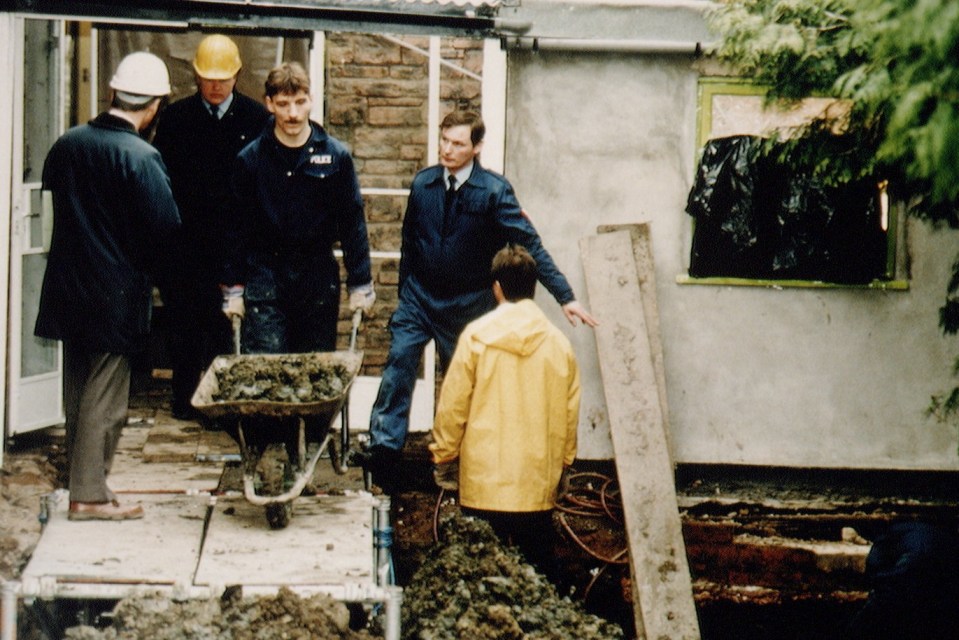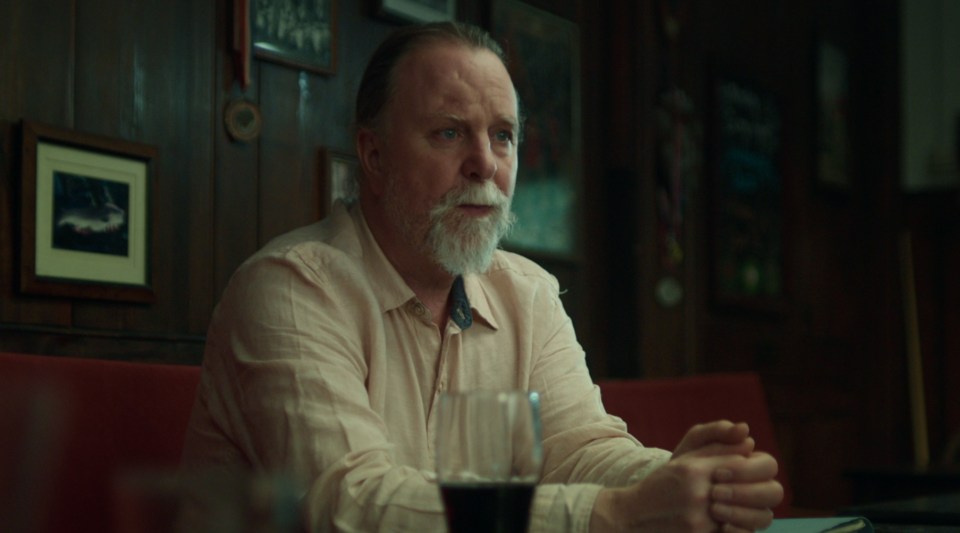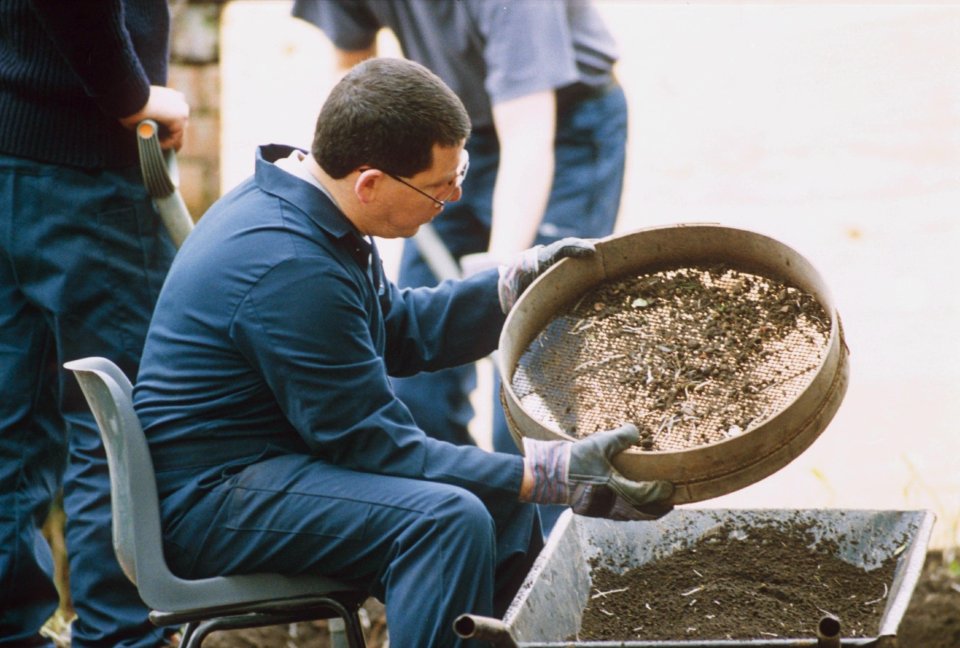IT is one of Britain’s most notorious serial killer cases with the murders of at least 12 women in a house of horror.
And as a new Netflix documentary recounts Fred and Rosemary West’s chilling killings, Fabulous speaks to victims’ relatives and a cop who brought the depraved pair to justice.
Switching on the TV to watch the news, Dez Chambers stared in horror as footage showed grim-faced police officers emerge from a house in Gloucester carrying black bags.
Inside them were human remains, excavated from a property belonging to suspected serial killers Fred and Rosemary West.
Watching from her sofa in 1994, Dez, then 33, could never have imagined that her younger sister, Alison – who had disappeared in 1979, shortly before her 17th birthday – was among them.
Just a few days later, however, a family member broke the devastating news.
Now, more than three decades later, Dez, 64, an electrical components buyer now living in The Netherlands, recalls the moment when she was told that Alison had been found at 25 Cromwell Street, Gloucester.
“It hits you – and you can’t believe it,” she says.
“You’ve been watching that on the TV and then realise one of those [black bags] could have had Alison in it.
“It’s just awful knowing it happened.
“I don’t understand how a human can do things like that to another.”
‘Family joke’ that triggered horror find
Alison was one of at least 12 girls and women tortured and murdered by the Wests, whose depravity rocked the country when the truth emerged in 1994.
The horrifying story of their killing spree, as well as the police investigation to uncover their crimes, and the pain of the victims’ families, is now the focus of new Netflix documentary series Fred & Rose West: A British Horror Story.
Featuring unseen footage from Gloucestershire Police’s investigation, the series shows officers’ painstaking efforts to extract the full extent of the Wests’ crimes.
Former detective sergeant Russ Williams, who worked on the case, says: “For many people, including myself, this was a case of: How can this happen in society?
“What would motivate somebody to murder in such horrific ways?”
He adds: “You became almost comfortably numb to what you were hearing, because it was of such magnitude it was very difficult to process.”
Growing up in Swansea, Dez remembers Alison, who was two years her junior, as intelligent, pretty and artistic.
The sisters, who had two other siblings, had a strict upbringing, which Alison rebelled against.
“She stayed out late and wouldn’t come home when she was supposed to,” mum-of-two Dez says.
“And then the police came to the door a few times.
“So, my mother decided to put her into care.”
Dez recalls visiting Alison, then in her teens, at two children’s homes.
She still treasures a home-made cushion with an infinity design that Alison gave her during one visit.
But the pair lost contact when Alison ran away from a home in Gloucester, aged 16, after allegedly getting beaten up by other girls there.
Desperate to find her sister, Dez contacted the Salvation Army for help, to no avail.
Then, in early 1979, Alison made contact, phoning a pub Dez often frequented.
“She wouldn’t tell me where she was, she just wanted me to know she was OK,” Dez says.
“It was a very emotional call.
“I was really upset and she was too, but then she just hung up.
“I never spoke to her again.”
In May 1979, their mother received a letter from Alison explaining that she had been taken in by a “loving family” – now known to be the Wests – and was working as a nanny.
It was reassuring news, but as the years passed without any further contact, Alison’s absence weighed heavily on Dez.
Police believed Alison had “gone underground” and didn’t want to be found.
Occasionally, one of her friends would claim they thought they’d spotted her, giving Dez hope she was OK.
The digging begins
It wasn’t until 1992 – when the Wests’ children told social workers of a “family joke” that Fred and Rose’s missing daughter Heather was “under the patio” – that the truth emerged.
Police began investigating, and in February 1994, they obtained a warrant to search the garden of 25 Cromwell Street.
Officers digging up the garden found a bone.
It belonged to Heather, who had been 16 when she’d disappeared in 1987, though the Wests had never reported her missing.
Chilling audio in the Netflix series records Fred admitting to Heather’s murder, as well as that of 18-year-old lodger Shirley Robinson, who was Fred’s lover and eight months pregnant with his baby.
He also confessed to killing “Shirley’s mate”, claiming he did not know the woman’s name.
The dark truth is uncovered
With excavations ongoing, police carried bags of remains from the property as the world’s media camped outside, in now-infamous scenes that Dez – like millions around the country – watched in disbelief.
Her disbelief turned to horror when, days later, she received a call from a missing person charity explaining that Alison’s details had been passed to police, and learned that her mum had been asked to give DNA samples.
Confirmation that “Shirley’s mate” was, in fact, Dez’s sister Alison came via a relative who’d seen it reported in the media.
“I just broke down,” Dez says.
“My daughter said to me years later that it was the only time she’d ever seen me really cry.
“After finding out, I remember lying on the settee a lot, just wanting to sleep, thinking that would make everything go away quickly.”
Meanwhile, investigators were racing to extract more information from Fred West, even consulting a forensic psychologist to help get inside the killer’s mind.
That was one of those heart-stopping moments, as the realisation of what we were facing started to dawn on us
Russ Williams
Working on the theory that the victims they had found were buried outside because there was no space inside, officers told Fred they were planning to dig up the house and garden.
Russ, 60, recalls in the series: “Once Fred admitted to [killing] Heather, and we started to recover the evidence, he had a choice.
“He could say: ‘No comment,’ deny everything, plead, or provide whatever defence he wanted to, but the spotlight would then fall on Rose.
“So Fred took the decision to admit to the offences.”
On March 4, 1994, Fred submitted a letter admitting to “approximately” nine further murders, including his first wife Catherine “Rena” Costello, 27, their daughter Charmaine, eight, and Lynda Gough, 19, who had spent time at the house, as well as “others to be identified”.
“That was one of those heart-stopping moments, as the realisation of what we were facing started to dawn on us,” Russ says.
He remembers officers being summoned to a meeting and told that they would not see their families for “a considerable time”.
Over the next few weeks, police officers took Fred to Cromwell Street and fields in nearby Kempley to locate victims.
They subsequently found and identified the remains of Lucy Partington, 21, Carole Ann Cooper, 15, and Therese Siegenthaler, 21, who were all thought to have accepted lifts from the Wests, before being sexually abused and murdered.
The remains of Shirley Hubbard, 15, and Ann McFall, 18, a nanny during Fred’s first marriage to Rena, and Juanita Mott, 18, were also discovered.
Juanita’s younger half-sister Mary-ann Mitchell, 56, says she felt “physically sick” after learning what had happened.
She had been six years old when “rebellious” Juanita, who had run away several times, disappeared for good from their Gloucester home in 1975.
“My mum always thought that one day she’d knock on the door with a whole tribe of kids, saying: ‘I’ve had a good life.’ I hoped for that, too,” says Mary-ann.
Recalling the moment a police liaison officer confirmed Juanita was a victim of the Wests, Mary-ann, who works in credit control and lives near Ross-on-Wye, says: “I just sat and held my mum.
“She was in absolute bits.
“It was a case of, let’s just get through this day.”
It was such a small house, you could not abduct, imprison, abuse, murder, dismember and bury people without other people knowing.
Russ Williams
Having charged the Wests with multiple murders, police struggled to gather direct evidence against Rose.
She denied knowledge of the crimes and Fred insisted that his wife – who was 13 years his junior and just 15 when they met – was innocent.
Officers did not accept this, though.
“It was such a small house, you could not abduct, imprison, abuse, murder, dismember and bury people in the house without other people knowing about it,” Russ explains.
However, Fred protected his wife repeatedly, then turned on her after she blanked him in court in 1994.
Speaking in a police interview, Fred is heard saying: “Why should I take the rap?
“Rose broke every promise she made to me.
“But I did none of it on my own.”
On New Year’s Day 1995, Fred West was found hanged in his cell at HMP Birmingham while awaiting trial for 12 murders.
It was a real blow to investigators.
“He needed to be convicted – that would have brought further closure to the victims and their families,” says Russ.
“There was a worry that if we’ve lost Fred, how does that impact on all the evidence against Rose?”
Alison was a person. She was not just a victim of the Wests
Dez Chambers
Rosemary West took to the stand at Winchester Crown Court in October 1995, where she denied murdering 10 women and girls.
The court heard how she and Fred had cruised the streets looking for vulnerable victims and subjecting them to horrific sexual violence, before killing and dismembering them.
Mary-ann attended every day of the trial.
“It was surreal,” she says.
She did not engage with other victims’ relatives, explaining: “You couldn’t take on anybody else’s sadness, grief or anger, because you had too much of your own.”
Following a seven-week trial, Rose West was convicted on all counts – a verdict Russ describes as a “huge relief” for relatives and police – and handed a whole life order, meaning she will never be freed.
Dez says her feelings towards Rose, who was in 1997 ordered by then Home Secretary Jack Straw to spend the rest of her life in prison, have changed over the years.
“For years, I just wanted to be locked in a room with her and see how tough she is with somebody who’s not tied up and incapacitated,” she says.
“But now, I don’t think of her at all.
“As far as I’m concerned, she doesn’t exist.”
The case inevitably had a huge impact on all involved.
For Russ, the fact that the Wests’ crimes went undetected for 20 years highlighted “how poor society was at looking after each other,” and prompted him to move his policing career towards child protection.
Now semi-retired, he runs a number of community groups in Gloucester.
Mary-ann describes how she still has “breakdowns” over Juanita’s death.
“I’m a wreck, really – but I’m a hard wreck,” she says.
“I’ve worked hard to get this far.”
As for Dez, speaking about Alison in the Netflix series has proven cathartic.
Producers provided a psychologist, who helped her realise that she felt survivor’s guilt because was unable to save her sister all those years ago.
“For years, I put everything in a little box in the back of my head and just carried on,” she says.
“But now, I would like to speak out for Alison, because she’s got friends, she’s got family – she was a person.
“She was not just a victim of the Wests.
“It’s a sort of closure.
“There’s been anger, there’s been sadness, there’s been a lot of emotions in the last year.”
As the series hits screens, she hopes Alison will be remembered as “fun-loving and intelligent, someone who was loved.
“She’s always there. . .” Dez adds.
“She’s always in my heart.”
- Watch Fred & Rose West: A British Horror Story, on Netflix, from Wednesday.


